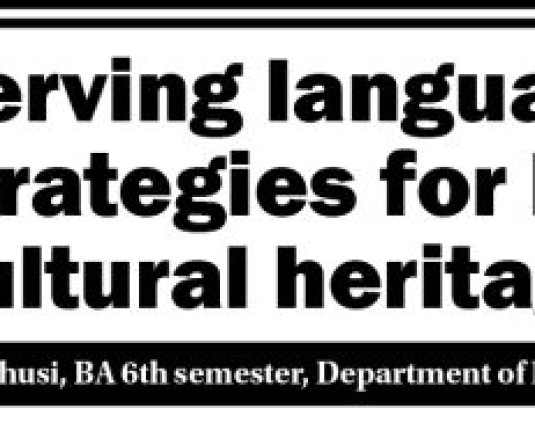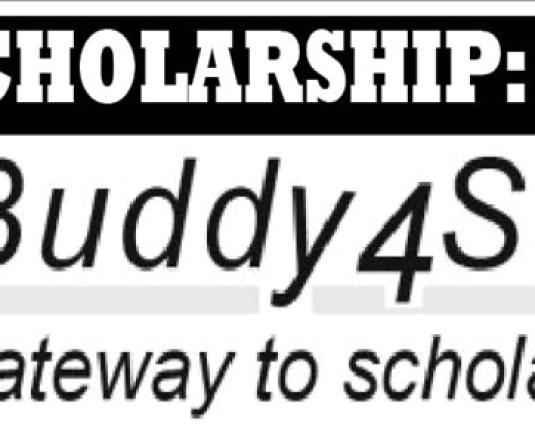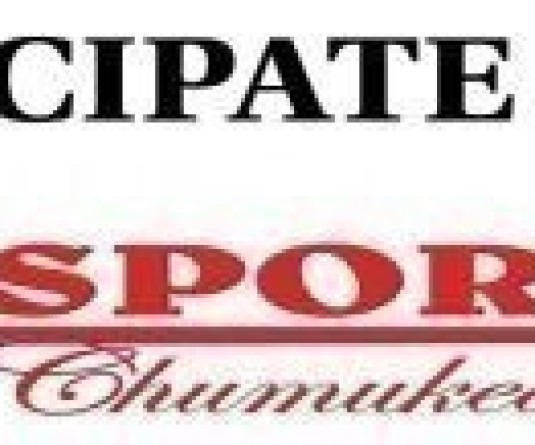
The strength of a state is dependent on the intellect and skills of its citizens. Without quality human capital, a state will be weak as there will be an insufficient human factor to take on new initiatives and challenges. Quality human capital comes from a quality education process. A carefully designed and well planned educational system is critical in developing such human capital. The term “employability skills” is here referring to those skills required to acquire and retain a job. In the past, employability skills were considered to be primarily for vocational jobs; they did not include academic skills. Current thinking, however, has broadened the definition of employability skills to include not only many foundational academic skills but also a variety of attitudes and habits. These transferable skills include the ability to solve complex, multidisciplinary problems, work successfully in teams, exhibit effective oral and written communication skills, and practice good interpersonal skills.
As we go through local dailies, we come across similar statements being made by our local leaders, MLAs, and even our Governor when they visit educational institutions. They urge that educational institution should emphasize on skill development and add job oriented courses besides the general courses. Nagaland Governor Shri. P. B. Acharya, while addressing the gathering on the occasion of Tetso College’s, Scholastic Day 2017 programme, expressed serious concern over an ever-increasing number of educated unemployed youths in our state. He wondered if everyone was too engrossed with academic education, all the while neglecting the crucial aspect of equipping youths with practical knowledge and life skills. He also asserted that we need to develop work culture besides book knowledge; otherwise, our youth could be misused by any unwanted social evils prevailing around us. So, the institutions of higher learning play a vital role and the teaching and learning processes in institutions of higher learning should provide such knowledge and skills to future graduates.
With the needs of modern man keep changing, it is education that helps him survive through difficult situations in life, earn a respectable living, and fulfil his dreams. A job and its associated benefits, such as a handsome pay package, perks such as a plush lifestyle and acclaimed social standing, is what drives the youth these days. But to attain this, some specific skills like entrepreneurship, communication skills, and use of tools and technologies are required, besides the basic academic and technical skills. It is important that educational institutions, specifically colleges, improve the employability of their graduates by focussing on reducing these important skill gaps through improvements in curriculum and teaching methods.
To meet these emerging skill requirements, many educational institutions are now collaborating with various technical and vocal training institutes. An article published in The Telegraph informed that the University of Petroleum and Energy Studies (UPES), Dehradun, has incubated the school of International Law & Diplomacy (SoILD) and the school of Public Policy & Governance (SoPPG). BA and MA programs offered at these schools have been conceived with the vision to groom young leaders ready to take up roles in set-ups as diverse as posts in the government sector, public service, non-governmental organizations (NGOs), and businesses. Keeping in view the career aspirations of the new generation, UPES has embedded Civil Services Examination coaching along with the regular course curriculum for these B.A and M.A programs. UPES is the first private university in India to offer such an embedded test preparation component. Therefore, we should evoke similar thought process to impart such add-on courses beside the general academic courses.
Each institution should define the set of skills or courses a graduate ought to have during weekdays or after each examination. Besides, colleges need to change their teaching methods and go from being teacher-centric to student-centric. More assignments for students should be included which will equip them to independently analyse and apply tools to real life problems. Student-centered learning puts students’ interest first, acknowledging students’ voice as central to the learning experience. In a student-centered learning space, students choose what they want to learn, how they want to learn, and assess their own learning. This is in contrast to the traditional ’teacher-centered learning’ which situates the teacher as the primarily “active” role while students take a more “passive”, receptive role. In a teacher-centered classroom, teachers and the concerned board or supervising university decides the curriculum and methods of evaluation. In contrast, student-centered learning requires students to be active, responsible participants in their own learning and with their own pace of learning.
Student-centered instruction focuses on skills and practices that enable lifelong learning and independent problem-solving. In my opinion, only through such changes in the education system can we ensure that students become employable after leaving college. As a state where the unemployment crisis is rampant, we really need to scrutinize our priorities and re-evaluate the content being taught to our students. Is the very education being provided to them hampering their growth as individuals and potential employees? While the traditional approach can be used as a reference point, education in the current scenario must depart from old methodologies and content. All of this will enable our youth to find the jobs they deserve, thereby improving the economy of Nagaland as well.





